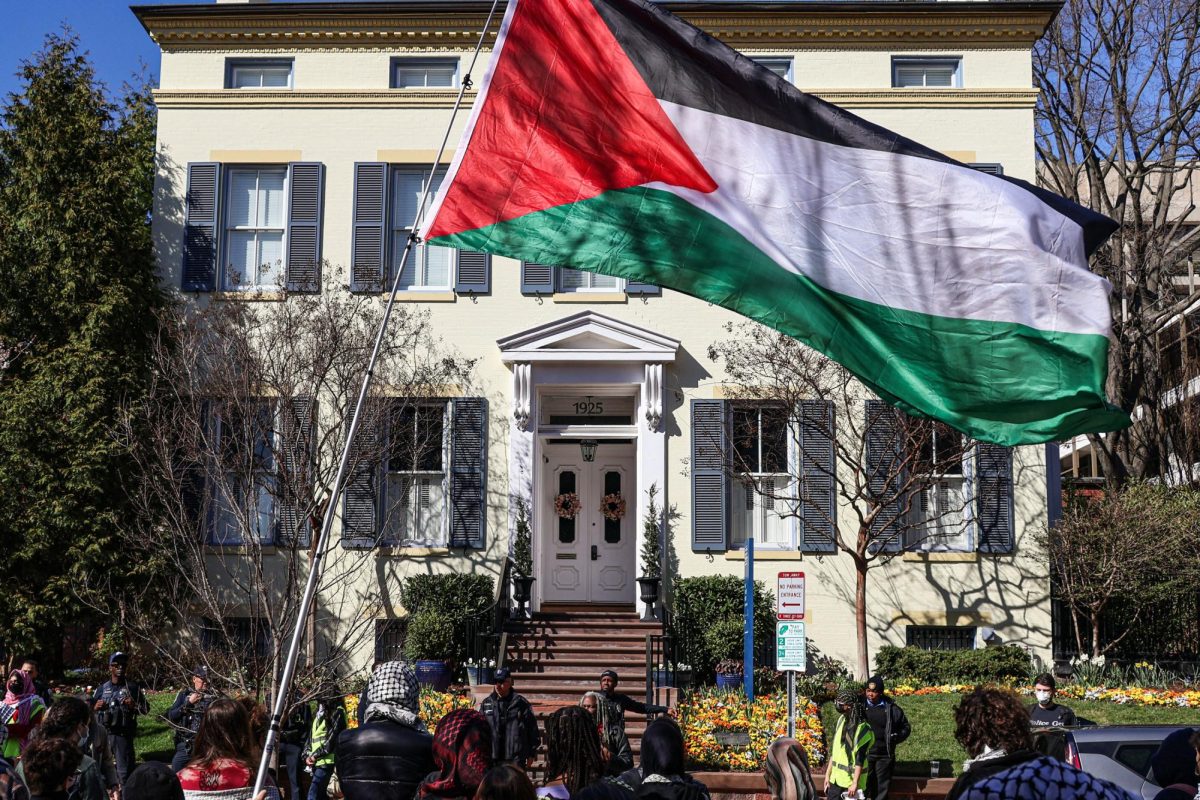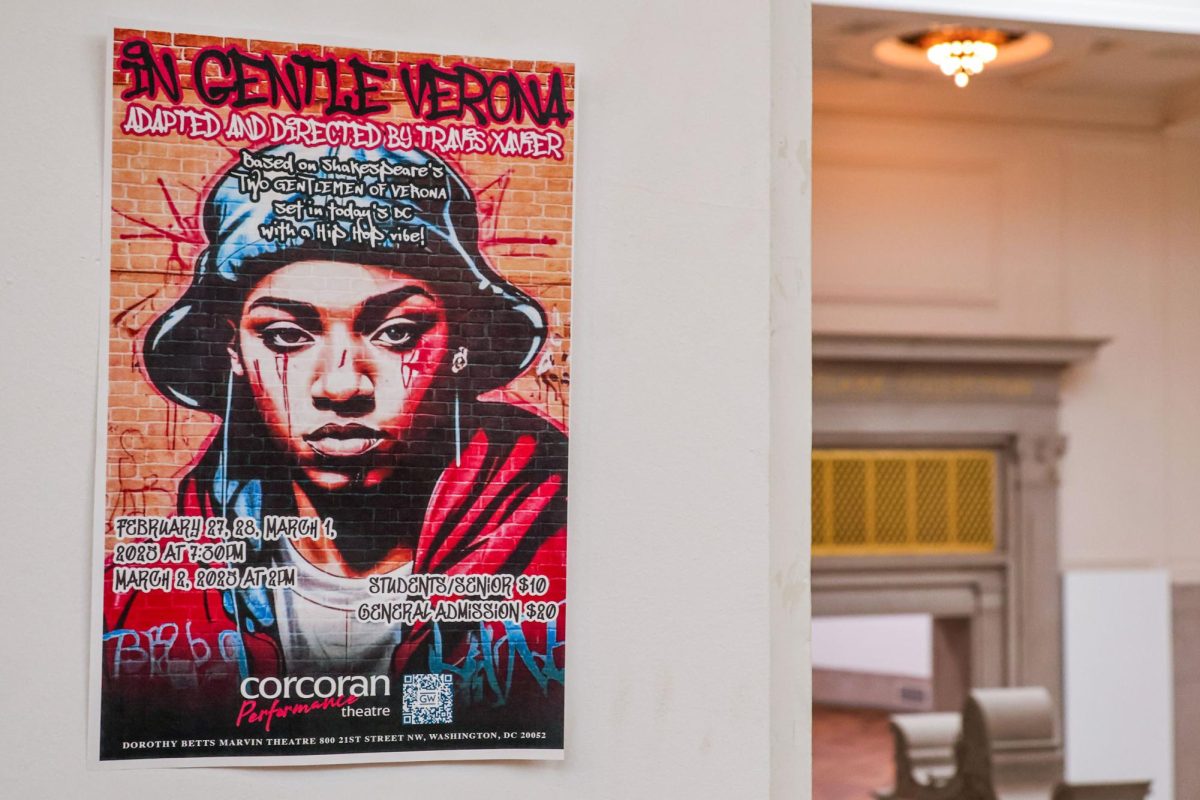The Student Association will present five referendums on the ballot this week.
Students will decide on referendums that, if approved by a majority, would clarify language in the SA’s governing documents and push the SA to split into two bodies, one representing graduate students and one for undergraduates.
Approved referendums would press officials to grant the SA president voting power on the Board of Trustees, recognize graduate student workers as a union and support fossil fuel divestment.
Here’s what you should know before you vote on each referendum.
Fossil fuel divestment
The most hot-button issue on the ballot this year involves whether the University should remove its holdings in the fossil fuel industry.
Dozens of students joined marches for a week after University President Thomas LeBlanc disclosed GW’s fossil fuel investment profile in early February. Officials launched a task force examining the feasibility of divestment at a board meeting that same week but have not said if they back the move.
Sunrise GW, formerly known as Fossil Free GW, and the SA Senate have advocated for divestment for years, and the issue gained overwhelming support in a 2015 election referendum.
SA president voting power on the board
The SA president holds a non-voting seat on the board, but students will weigh in on whether the president should also be able to vote.
Following an examination of student representation on the board in 2017, trustees decided that SA leaders should not vote on the board but can gain more representation in committee meetings. But the push has made progress over the past couple of decades, considering that officials rejected the prospect of any student sitting on the board in 2004.
SA document updates
The SA Senate revised its constitution to include more precise language and update pronouns, and students must vote to decide whether the new document should be adopted.
SA leaders formed a committee last semester to propose changes to the organization’s governing document, and they spent the past semester working on updates. The last time the constitution was amended was after the SA election last year, when students voted in favor of adding a non-discrimination policy.
The senate worked to redraft the organization’s bylaws last academic year, clarifying processes for suspension and budget allocations and updating the appointment process for first-year senators.
Graduate student unionization
Students will also decide on whether officials should recognize graduate students as workers.
Graduate students initially banded together in fall 2017, demanding the University recognize them as a union, but growing efforts the following spring died off later in 2018. Officials have repeatedly opposed organizing efforts, leading graduate students to pause unionization efforts and focus on advocating for individual issues like health care.
Separating the SA
Students will also weigh in on whether the SA should separate into two branches of student government.
An SA senator most recently proposed splitting the organization into a bicameral legislative system in which graduate students would be able to meet separately and vote.
The same graduate senator also sued the SA last year, claiming the body unfairly represents undergraduate students. The senate decided later in the year that graduate students are adequately represented.











